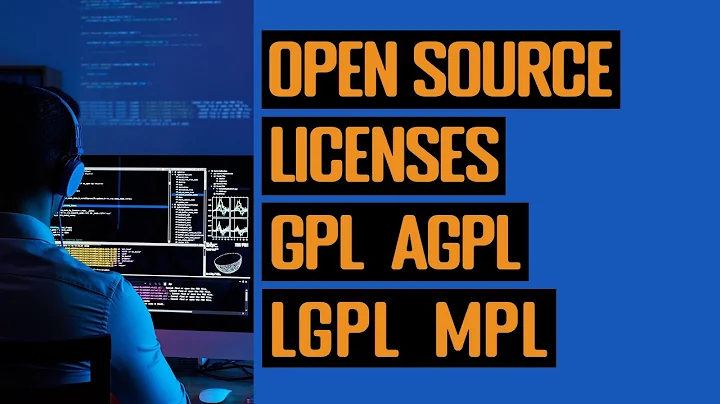How does the Ubuntu license work for commercial use? Do we have to follow the LGPL or the GPL?
Solution 1
Ubuntu has no one license - every file may have a different license.
That shouldn't be a problem for you as long as you don't (re)distribute the files. As long as the binaries are supplied by Ubuntu (Canonical) the license conditions apply to them, not you.
I am not a lawyer, so I couldn't comment on what happens when you simply pass along the files, but I suggest you either do find the legal answer to that, or else have your customers install the OS themselves.
In the case of GPL and LGPL software, your obligations include providing an offer to produce source code when asked (for a limited time). In practice, it would be sufficient to point your customers at the Ubuntu source provisions, but to be absolutely sure, you would have to ensure that you had your own copy (I mean, what happens if Ubuntu's servers vanished? Also, remember that their time limit dates from when they gave the files to you, but yours would date from when you passed them along, some time later.)
Solution 2
looking here http://www.ubuntu.com/project/about-ubuntu/licensing
Related videos on Youtube
Scott Severance
My first Linux experience was in 1998 (via telnet into my university's server to read my email with PINE). I've run Linux on my own machines off and on since 1999 and exclusively since 2006. My first distro was Slackware, which I quickly broke. I then went back to Windows 95. After that, my friend helped me install Debian, which I used until I replaced that machine. I found Debian too difficult to install on my own, so I put Red Hat on my newer machine. At that time, yum didn't exist, and Red Hat only offered updates if I logged in to X as root, which I rarely did. So, it quickly became outdated, and OpenOffice 1.1 couldn't handle right-to-left text, which I needed for one of my university classes. So, I started using my Windows XP laptop most of the time. I couldn't install Linux on the laptop because the NTFS tools of the era couldn't resize my partition. After a couple of years, I decided to switch my Red Hat box to something more modern. I wanted to move away from the RPM package format, so I tried installing Debian again and once again found it too complicated to get all the features I needed. Then, I read about an up and coming Debian-based distro called Ubuntu that had just released their latest version. So, I installed 6.06 (Dapper Drake) and have used Ubuntu exclusively as my main OS all my machines since that time. I only boot into Windows a few times a year. I've tried a few other distros' live CDs, but so far have always decided that the benefits of those distros aren't significant enough for me to switch over. For the first many years, I used the command line most of the time, as early Linux GUIs weren't up to many basic tasks. These days, the GUI tools have made leaps and bounds and are quite usable. Nevertheless, I often prefer the command line for many tasks. I'm much more likely to use vim than Gedit. But, I quite appreciate GUI tools for a number of tasks--perhaps most tasks these days. SOreadytohelp
Updated on September 18, 2022Comments
-
Scott Severance over 1 year
I have an Ubuntu computer. Once Ubuntu starts I use my applications, such as: driving school exams, learning, practical use, and studying.
Now, I am preparing license documentation. If I use Ubuntu commercially, what license do I have to apply?
- I have not changed any of Ubuntu's source code.
- I've installed Ubuntu and I use for commercial purposes.
- My Ubuntu installation will be used for teaching driving in Europe.
- When Ubuntu starts, it starts my application to teach drivers and give them exams and practice. They can also return the box for new exams and updates.
What happens for with regard to the license terms when I sell such PCs with embedded Ubuntu and my application pre-installed? (They use x11vnc, vim, gcc, etc. and many other tools but no source code is modified. I wrote my application in BASH, PHP, and Java)
-
r0101 over 12 yearsYou should also study Canonical's trademark policy at ubuntu.com/aboutus/trademarkpolicy
-
AnneTheAgile over 8 yearsfyi, recently Canonical's message on commercial IP licenses were discussed here; "Ubuntu, Canonical, and IP – jonobacon@home" jonobacon.org/2015/08/28/ubuntu-canonical-and-ip
-
Michael Gundlach over 12 yearsWhilst this may theoretically answer the question, it would be preferable to include the essential parts of the answer here, and provide the link for reference.




